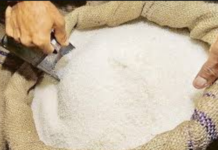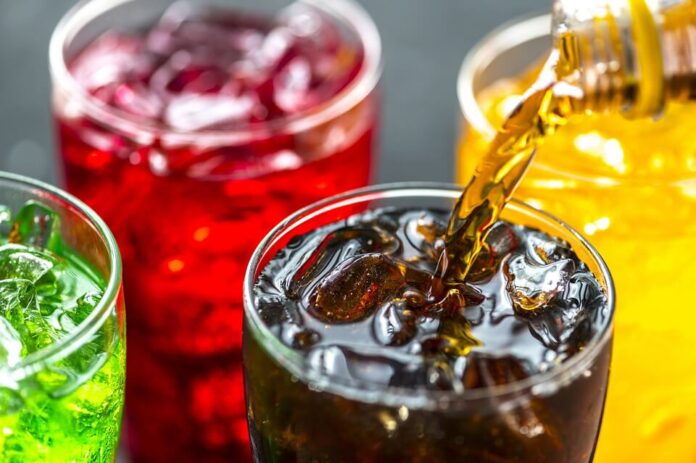ISLAMABAD: The mini-budget passed on Monday, February 20, 2023, imposes a 10% Federal Excise Duty (FED) on fruit beverages, despite the industry’s plea against it earlier on the same day.
According to a letter sent to the Prime Minister on Monday, the All Pakistan Fruit and Vegetable Exporters, Importers and Merchant Association (PFVA), the growers of fruits, pulps and concentration beverages would terribly suffer if the FED is implemented.
“PFAV humbly wishes to bring into your kind attention that the 10% FED would have a disastrous impact on the growers of fruits, exporters of fruit pulps and concentrates,” reads the letter, and warns that such a development could deprive government of huge revenue.
What the costs look like
The details, as mentioned in the letter, state that the FED will hamper procurement of more than 200,000 tons of fruits and vegetables from local farmers. It will also negatively impact the Juice industry that has annual revenue of approximately Rs 60 billion and investment of Rs 40 billion.
The association believes that the imposition of FED will reverse the industry’s growth and diminish earnings of local farmers. It will negatively affect the volumes produced in the business business volumes and result in a reduction in the tax collection for national exchequer. Furthermore the move will encourage the tax evading informal sector to gain a foothold in the market.
Last week, the Senate’s standing committee on Finance and Revenue had rejected the proposal and suggested that duty should be just 5%, rather than 10%.
The horticulture sector believes that the fruit growing value chain of Pakistan is on the right path towards improvement since the involvement of the fruits and juices industry. A beverages industry source, that wishes to remain anonymous, mentioned that because of the industry’s collaboration with the farming community the issue of storing excess food is curbed. During the peak season, there is a lot of overripe fruit which the formal fruit industry sector helps to store. The industry also helps with providing better processing and more efficient ways of fruit preservation to prevent wast when produced in bulk.
In line with local regulations (such as Punjab Food Authority), fruit drinks have minimum 8% fruit content, nectars have 25-50% fruit content and pure juices have 100% fruit content. In fact, fruit juices are promoted as healthier options by food authorities across the country for consumption in schools and colleges.
























